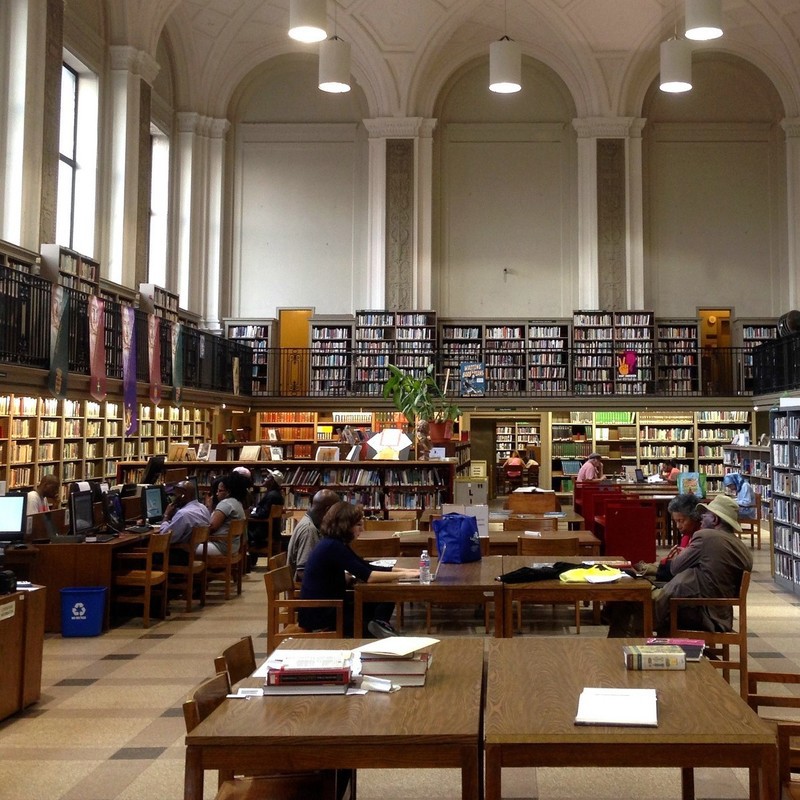Kinds of Memory Biases
Memory is also susceptible to a wide variety of other biases and errors. People can forget events that happened to them and people they once knew. They can mix up details across time and place. They can even remember whole complex events that never happened at all. Importantly, these errors, once made, can be very hard to unmake. A memory is no less “memorable” just because it is wrong.
Some small memory errors are commonplace, and you have no doubt experienced many of them. You set down your keys without paying attention, and then cannot find them later when you go to look for them. You try to come up with a person’s name but cannot find it, even though you have the sense that it is right at the tip of your tongue (psychologists actually call this the tip-of- the-tongue effect, or TOT) (Brown, 1991).
Other sorts of memory biases are more complicated and longer lasting. For example, it turns out that our expectations and beliefs about how the world works can have huge influences on our memories. Because many aspects of our everyday lives are full of redundancies, our memory systems take advantage of the recurring patterns by forming and using schemata, or memory templates (Alba & Hasher, 1983; Brewer & Treyens, 1981).

For most of our experiences schematas are a benefit and help with information overload. However, they may make it difficult or impossible to recall certain details of a situation later. Do you recall the library as it actually was or the library as approximated by your library schemata? [Dan Kleinman, https://goo.gl/07xyDD, CC BY 2.0, https://goo.gl/BRvSA7]
Thus, we know to expect that a library will have shelves and tables and librarians, and so we don’t have to spend energy noticing these at the time. The result of this lack of attention, however, is that one is likely to remember schema-consistent information (such as tables), and to remember them in a rather generic way, whether or not they were actually present.

